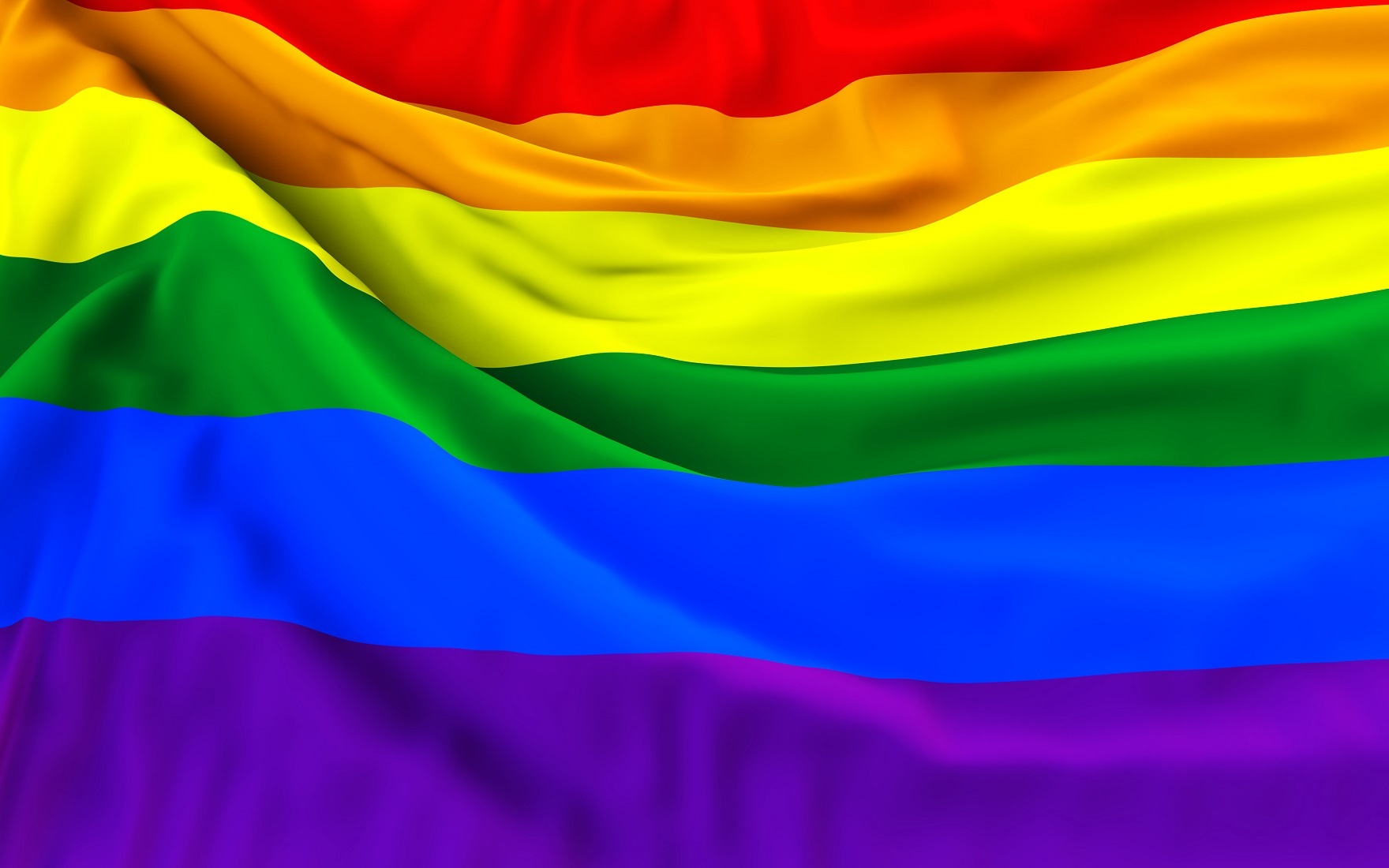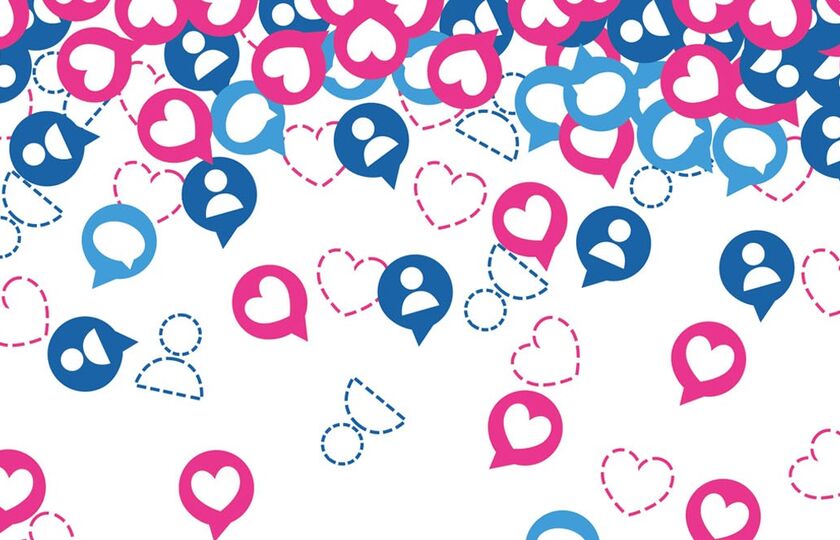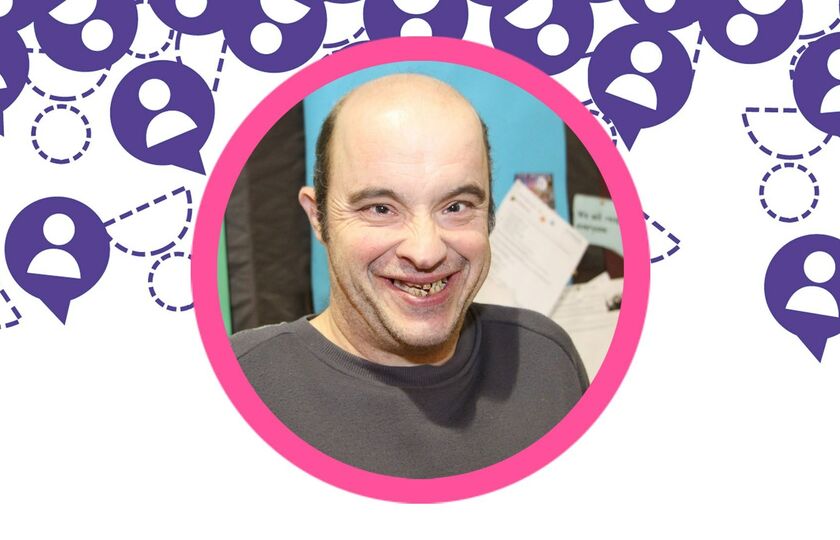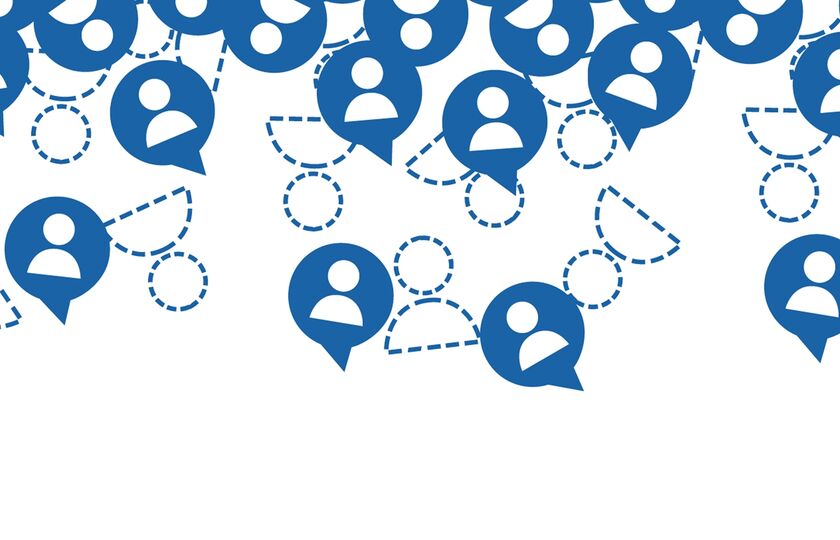There are approximately 1.5 million people in the UK with a learning disability. 6% of the UK population identifies as LGBTQ+. There is currently no statistical data regarding how many of the 1.5% million people with a learning disability identify as LGBTQ+.
As an openly gay man without a learning disability I was recently asked by social care professional “which one of you or your partner wants to be a woman?”
Why use this question to open a toolkit around LGBTQ+ best practice and support for adults with learning disabilities and their supporters? I wanted to raise how worrying it is that I am being asked this derogatory question in 2019 and to ask if there is hope for people with a learning disability to fully express their chosen identity safely?
Overcoming barriers isn’t easy for people with a disability. A lack of confidence and a lack of communication skills can leave people vulnerable. Here are some of the key barriers and thoughts about how to overcome them
Personal values/beliefs/attitudes and perceptions
- Under the Equality Act (2010), it is illegal to discriminate against a person because of their sexual orientation or gender identify. It is not acceptable for a staff member to refuse to support someone based on this. If this happens the person is not acting within the law.
- Attend diversity training, be an ambassador within your team and raise awareness.
- Put yourself in an individual’s shoes, assess from their viewpoint.
- Family members of adults with learning disabilities may not agree with their lifestyle or relationship choices. As supporters, if the person has capacity, we need to respect and support their choices. This may involve an independent advocate if necessary.
Top Tip
Be committed in your approach to promoting diversity and inclusivity when working with adults with learning disabilities. We must have a good understanding of an individual’s needs and preferences in this area and support them to express them as part of good practice.
A lack of sex education
Sex education for adults with learning disabilities rarely happens and when provided it is often misjudged, rushed, and focused on heterosexual sex. Not to mention the known barriers (as highlighted earlier). Limited funding and organisational cuts throw even more pressure on already limited out-dated resources. Most adults with a learning disability want to ask real questions about sex but have limited opportunities. A recent question I asked was, "if I go down on a man and he comes in my mouth" can I catch something? Experience and existing research suggest real answers are in demand, not skirting around the question without answering it.
Top Tip
If you are not sure how to answer a question or have these types of conversations, you can access support via Sexual Health D&G.
Having the conversations or having the right words
An effective abbreviation to recognise the diverse spectrum of sexual gender and identities.
L = Lesbian
G = Gay
B = Bi-Sexual
T = Transgender
Q = Queer/Questioning
I = Intersex
A = Asexual
+ = Inclusivity
What’s important is that people with a learning disability get to define what their label means to them. Let’s set the record straight - don’t mind the pun. People can label themselves as they want to or not at all, it’s up to them. LGBTQIA+ people with learning disabilities want to express themselves, they want to be themselves and being a part of a safe place or group can enable them to do just that. Listen, reassure, guide, and if you are not sure yourself – signpost. Not all people with learning disabilities will know what these words mean, or they may not have the language to express their sexuality. Staff may have to rely on other cues, such as body language, to understand what a person may be trying to communicate.
Top tip
Talking about LGBTQ+ characters on TV can be a good way to bring up the topic in conversation.
Having a safe place to be themselves
Most people with a learning disability don’t just need to build trust with people, they need to build trust in a place, the environment needs to feel safe, too. Research has shown that some mainstream LGBTQ+ venues/groups can be unwelcoming/unsuitable for people with learning disabilities. As founder of 2buWakefield who identify as LGBTQ+ we offer a safe place every month where people can be free to be themselves and make new friends and relationships.
Top Tip
If you want help setting up your own group, please contact 2BU Wakefield and we can help you. Contact Supported Loving to find out if there is already a group you could join in your area.







